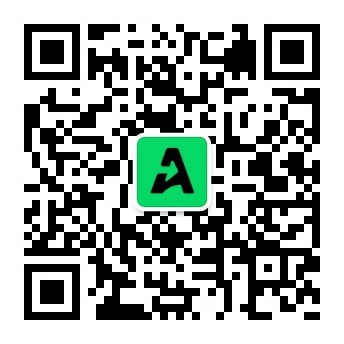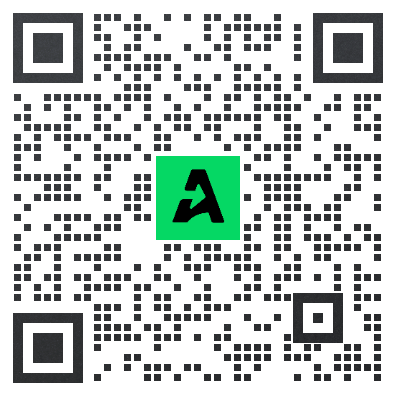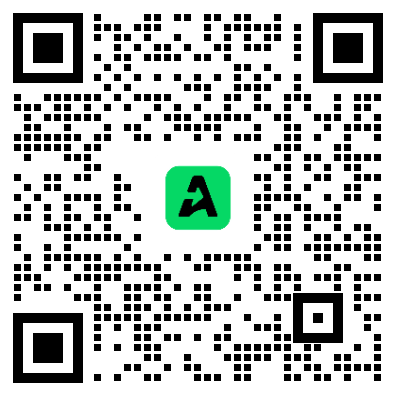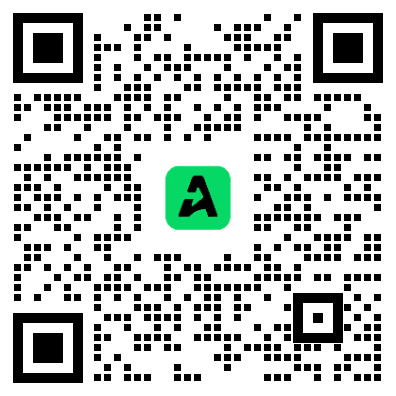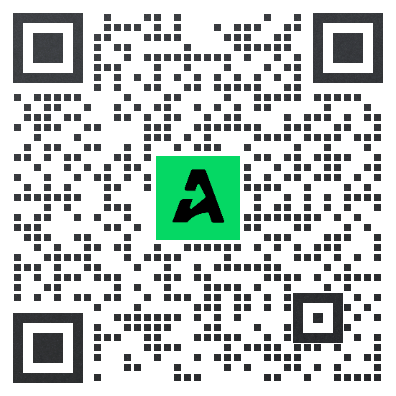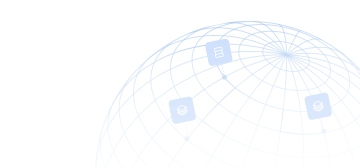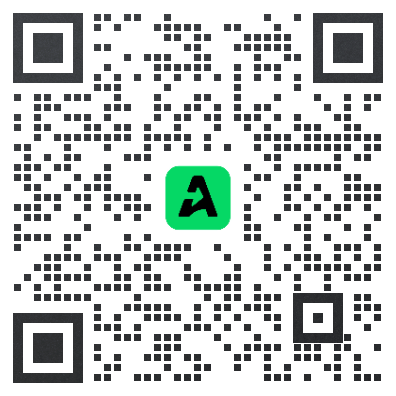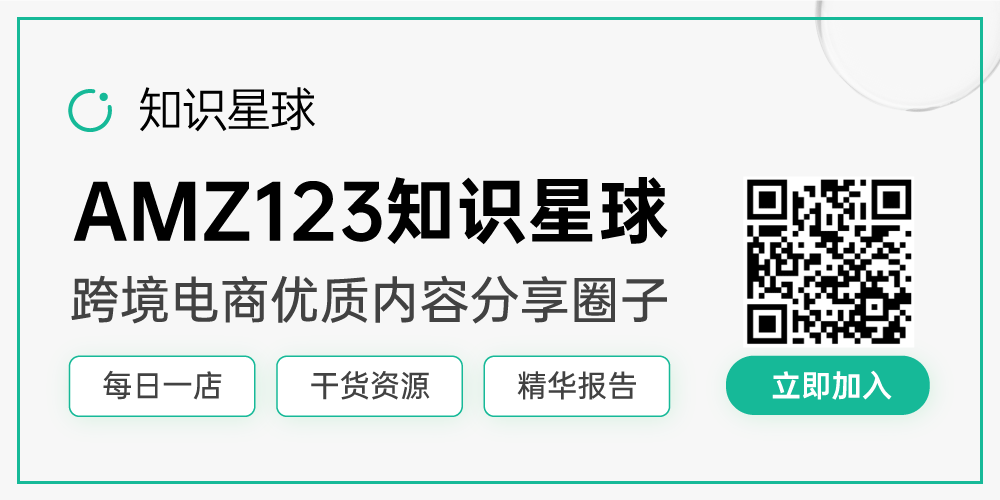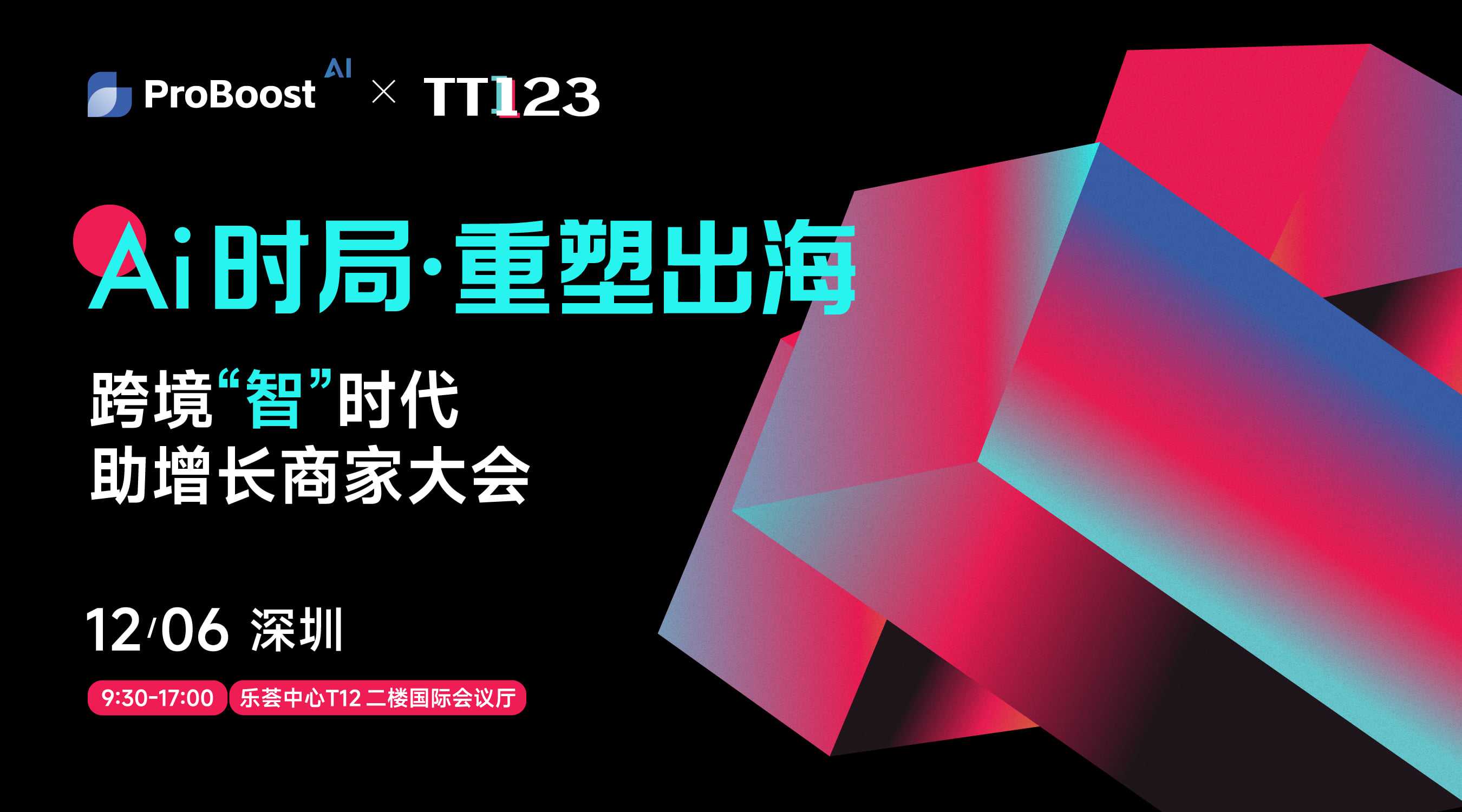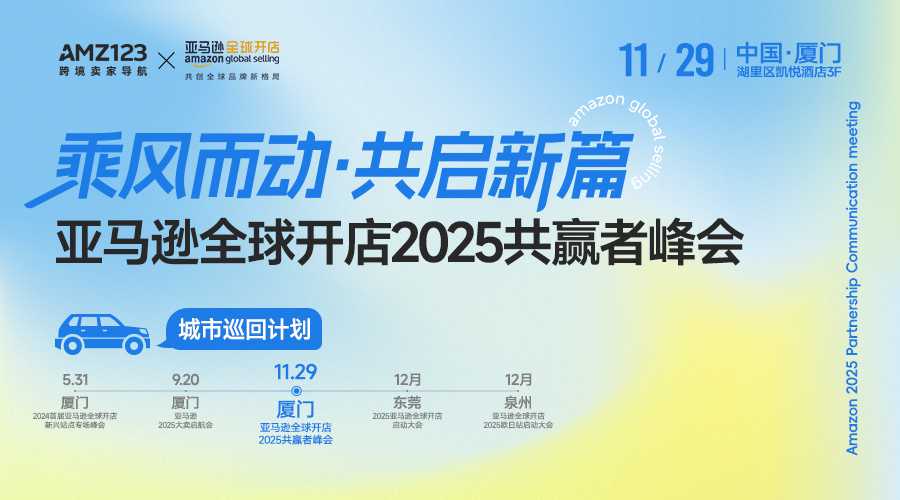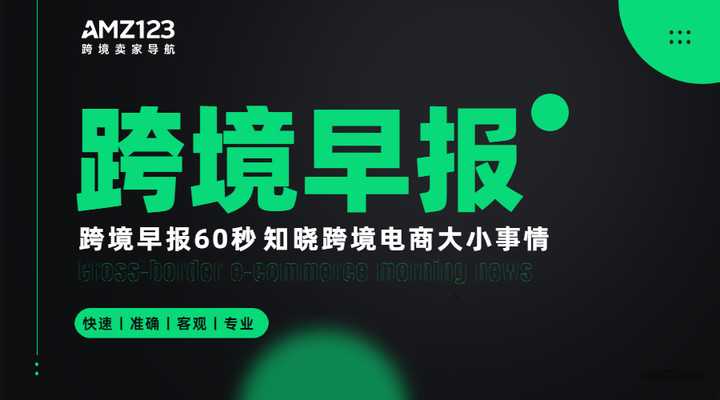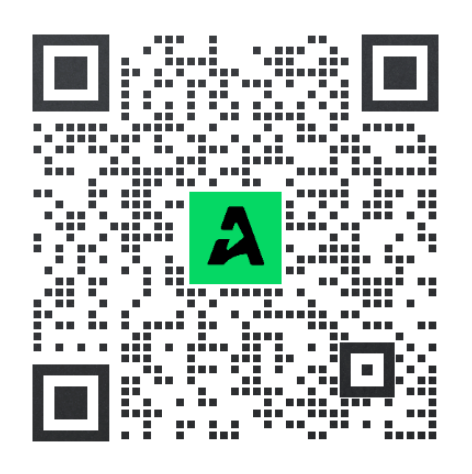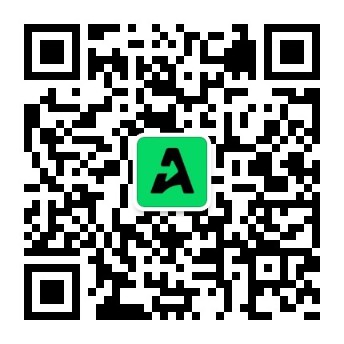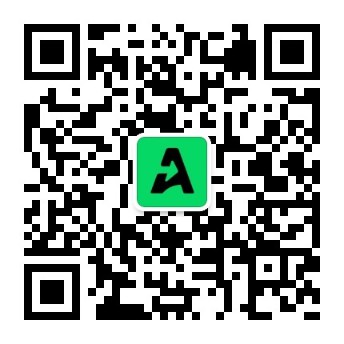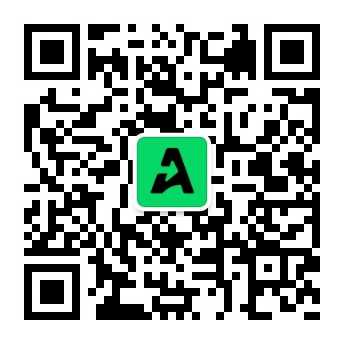出口印度清关还会遇到这些坑
据eMarketer预测,2017年印度电商零售销售额将达375亿美元,到2020年,该数字将达到794亿美元。而印度通过数字平台购物的消费者也将会从2017年预计的1.99亿人增长到2020年3.52亿人的规模。也就是说在3年内印度B2C电商的消费群体会近翻1.8倍。印度市场已经成为中国邻近地区中预期市场容量最大的电商市场。
那么,中国产品进入到印度的壁垒到底是什么?又是如何清关的呢?就此,出口电商(ID:chukouds)与印度当地物流企业Delivery高管Akash Raha进行了一场对话。
对话双方:
印度当地物流企业Delivery高管:Akash Raha
出口电商(ID:chukouds)
面对印度市场壁垒 选对产品是关键
出口电商: 在你看来,中国的大卖家进入印度市场的壁垒是什么?
Akash Raha:中国卖家的主要障碍有两个方面:
a)信息不对称 - 由于语言的限制和缺乏在线参考资料
b)了解流程和规范
出口电商: 中国进入印度的产品什么品类比较多?
Akash Raha:从中国进口的主要类别包括服装和电子产品。鉴于强大的采购能力和中国买家广泛的SKU,我们认为在未来几年内,中国到印度的电子商务会有很大发展机遇。
出口电商: 哪些产品更难进口到印度?
Akash Raha:这些都是根据海关条例规定的。 在宏观层面上,某些电子产品(如电池,健身带,手机)需要BIS认证(产品制造商需要证明产品质量符合某些既定标准的认证,由印度政府提供的批准)。
出口电商: 从中国进口的产品在清关上会有什么特点?
Akash Raha:对于贸易B2B(企业到企业)和B2C(企业到消费者)两种交易模式。 在B2B交易的情况下,根据HSN编码(货物出口的商品编码)计算关税,HSN编码是一项全球性的职责标准。 对于B2C,关税不是基于HSN编码,而是违约率。
了解当地政策 应对清关难题
出口电商: 中国的产品通常通过快件和B2B两种方式进入的时候都是如何清关的?
Akash Raha:快递与货物清关的区别如下:

出口电商: 印度清关一般需要多久?什么事情会影响到清关效率?
Akash Raha:印度当地的清关有两种类型 - 货物商业清关和快件清关。 在任何一种类型下,清关取决于清关文件等因素,理想的时间是24-48小时。
理想情况下,快件清关是一个24小时的过程,货物商业清关可能需要48小时。
出口电商: 印度的进口税是怎么计算的?占比多少?
Akash Raha:进口关税取决于产品的价值,还取决于产品是作为B2B还是B2C出货。
出口电商: 跟其他国家比印度清关有什么特色?
Akash Raha:印度海关规定根据不同的商业模式和产品类别而有所不同。 此外,不像世界西部的某些地区(例如在美国 - 低于800美元的产品不收取任何关税),进入印度边境的每一种产品都会收取关税。
当地物流竞争激烈 如何脱颖而出
出口电商: 印度进口物流服务商目前竞争的状况如何?什么样的企业可以脱颖而出?
Akash Raha:信息不对称和缺乏对规范和流程的了解是卖家今天面临的两个关键问题。 可以帮助解决这两个问题的玩家将成为中国卖家比较合适的伙伴。 除此之外,印度的电子商务以现金交易和服务消费者为主,这些交易辐射到印度各个地区。
由于这些因素,物流合作伙伴提供以下内容:
· 强大的技术系统,确保日常现金对账与安全
· 能准确地分拣包裹/识别客户地址
· 机器学习和算法功能,以降低退货机率,提高销售额。
出口电商: Delhivery目前有多少仓库,分布如何?
Akash Raha:我们有16个仓库遍及全国。 仓库主要基于印度主要供应中心的城市。 这些是仓库的位置和仓库的大小

出口电商: Delhivery在落地配的时长是多久?影响其因素是什么?
Akash Raha:6年前,Delhivery作为一家纯粹的最后一公里配送公司开始运营,使卖家能够在线销售将货物送到消费者手中。 在一段时间内,我们不断进入上游供应链,拓展了最后一公里的配送服务以及印度城市间的干线运输,仓储、产品包装以及上线服务等。
Delhivery搭建了自己的一套解决方案,为那些有意在主要销售平台或者自己的电子商务渠道上在线销售的卖家提供一站式解决方案。
我们的完成和交付速度可以确保从消费者下单的时刻开始,Delhivery可以帮助卖家将该产品在不到4天的时间内交付给全国的任何地方的消费者手中。
出口电商: 面对卖家税务的坑,作为物流企业 Delhivery是怎么做的?
Akash Raha:我们不支持或鼓励逃税。 不过,我们对印度市场的清关能力和知识有助于海外卖家了解印度市场的细微差别,并据此构建其供应链,为印度企业的经营提供最佳的法律支持。
出口电商: 面对这些壁垒,Delhivery是怎么解决的?
Akash Raha:信息不对称以及流程规范的限制,在印度市场拥有良好的资质和经验的玩家更能站住脚。 Delhivery凭借运营经验,通过自有网络每天提供超过30万个包裹(或整体电子商务包裹业务的25%份额)。内部通关和法律团队,帮助卖家每天处理监管和行政查询。
出口电商: 中国很多商家都是碎片化订单,所以一个包裹中有很多sku的话怎么处理?
Akash Raha:我们了解不同产品线的法规要求,可以支持合作伙伴处理法律合规性和行政问题。 这样可以保证全部流程顺利进行。
出口电商: 中国很多企业说类似手机等整机进口到印度是一件困难的事情,要缴纳很多附加税和认证,你能详细聊聊这类产品进入印度主要的难点在哪里?你们是如何帮中国商户克服的?
Akash Raha:我们不支持或者鼓励逃税。然而,我们的清关能力和对印度市场的了解能帮助海外卖家很好地理解印度市场的细节,从而使他们能建立起最优的且合法的供应链模式。
以上为对话意译而来,若有纰漏,请以原文为准。
附:对话原文
Chukouds:From Delhivery’s perspective, what would be the major barrier for Chinese big sellers to enter into India market?
Akash Raha:Major barrier for a China based seller is twofold:
a) Asymmetry of information – due to constraints of language and lack of online resources to consult
b) Knowledge of process / compliances
Chukouds:Currently, what’s the major products categories from China?
Akash Raha:Major categories being imported from China include apparels and electronics. Given the strong sourcing capabilities and broad SKU list of Chinese sellers, we feel that there is significant opportunity in the China to India lane for e-commerce in the next few years
Chukouds:Is there any product that hard to be exported to India?
Akash Raha:These are based on customs regulations. At a macro level, to answer your question, certain electronic items (such as batteries, fitness bands, mobile phones) require BIS certifications (a certification where the manufacturer of the product needs to certify that the product’s quality is as per certain established standards – a approval provided by the Indian government).
Chukouds:Any difference between on the India custom clearance for different types of products?
Akash Raha:There are two modes of transactions in trade B2B (business shipping to a business) and B2C (business shipping to a consumer). In case of B2B transaction, duties are calculated based on HSN Codes, which are a global standard for duties. For B2C, the duties are not based on HSN Codes but a default rate of duty
Chukouds:Any difference between Express and Cargo clearance?
Akash Raha:The difference between Express and Cargo clearance are shown below:

Chukouds:How long does it usually take for India custom clearance? What would be the key points for the custom clearance efficiency?
Akash Raha:Custom clearances in India is of two types – cargo and express. Ideal time for clearance in either mode is 24/48 hours, although its dependent on factors such as document clearance
Ideally – express clearance is a 24 hour process, while cargo clearance could take upto 48 hours.
Chukouds:How to calculate India import duty?
Akash Raha:Import duty is dependant on the value of the product. It also depends if the product is coming in as B2B or B2C shipment.
Chukouds:Compared with other countries, what’s the major difference of India custom clearance?
Akash Raha:Indian customs regulations vary based on different business models and product categories. In addition, unlike certain geographies in the Western part of the world (for e.g. in the US – products that are below $800, do not attract any duty), every product that enters into the Indian borders, attracts a duty charge.
Chukouds:How about the competitive landscape of China-India cross-border logistics providers? What kind of provider can be the winner?
Akash Raha:Information asymmetry and lack of regulation knowledge are two key problems faced by sellers today. Players that can help overcome these two issues are the right partners for a Chinese seller. In addition to this, e-commerce in India is dominated by cash transactions and services consumers that are spread across a wide geography.
Due to these factors, a logistics partner which offers the following:
· Strong tech based systems to ensure daily cash reconciliation and security
· Ability to sort parcels / identify customer addresses smartly
· Machine learning and algorithmic capabilities to reduce chances of returns/ enhance sales
Chukouds:How many warehouses does Delhivery have in India? What’s the geographic layout?
Akash Raha:We have 16 warehouses spread across the country. The warehouses are predominantly based out of cities that are major supply hubs of India. These are the locations and the size of the warehouses

Chukouds:Please describe how Delhivery does the India local logistics. What’s the timeliness? And key facts need to be mentioned?
Akash Raha:We started operations 6 years ago as a pure last mile delivery company – to enable a seller who sells online, reach a customer. Over a period of time, we kept moving upstream into the different stages of supply chain of this seller – from last mile, to line haul from one city to another, to fulfillment (warehousing, packaging) and listing services.
Delhivery established itself as the one stop fulfillment solution for a seller who wishes to start selling online on any of the major platforms or their own e-commerce channels.
Our fulfillment and delivery speed all together can ensure that from the moment a consumer places an order, Delhivery can help a seller ship this product into the hands the consumer in less than 4 days to any part of the country.
Chukouds:Can Delhivery help Cross-border seller save India tax? How do you do that?
Akash Raha:We do not support or encourage evasion of taxes. However, our clearance capabilities and knowledge of the Indian market helps foreign sellers understand the nuances of the Indian market and accordingly structure their supply chain for an optimal and legal model for conducting of business in India.
Chukouds:How does Delhivery help them to overcome the barriers you mentioned above?
Akash Raha:The gaps highlighted above require for an organized player, with excellent credentials and experience in the Indian market. Delhivery comes with a mix of both operational experience, delivering over 300,000 parcels a day (or 25% share of the overall e-commerce parcel business), through a self-owned network. And an in-house customs clearance and legal team to help sellers grapple through regulatory and administrative queries on a daily basis.
Chukouds:Many sellers have fragmented orders, how do you handle the packages which include different SKU?
Akash Raha:We understand the regulatory requirement across different product lines and support partners with their legal compliance and administrative issues. This ensure the overall experience is smooth.
Chukouds:Many Chinese companies think exporting complete machine product (mobile phone for example) is a very difficult thing. Cuz lots of additional tax and certificates need to be provided. Could you explain more on what’s the major difficulties for exporting these kind of products? And how do you help on this?
Akash Raha:We do not support or encourage evasion of taxes. However, our clearance capabilities and knowledge of the Indian market helps foreign sellers understand the nuances of the Indian market and accordingly structure their supply chain for an optimal and legal model for conducting of business in India.
